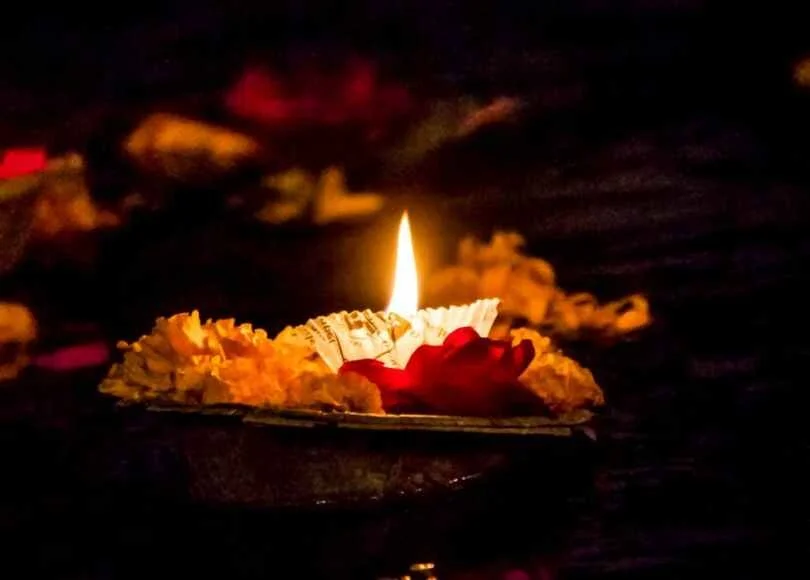I'm currently at San Jose Airport now to head to Seattle and Vancouver for a few days. This year, I went to visit my parents as I do every year around the holidays. I don't get to see them much anymore. Living in New York makes it impossible to visit except for maybe twice a year.
This year felt especially hard for me. Watching my parents get old is especially tough. My father, in particular, has turned into an old man. He lives with pain and constant arthritis. He walks slowly. His hand shakes. His hearing is going. His eyesight is poor. It can feel heartbreaking to watch.
We had a conversation last night that was especially poignant, I thought. He talked about knowing he will die soon and about passing on his legacy to my brother and I. He talked about some of the connections he had made in recent years that have sustained him. But he admitted that he accepted his death but that it scared him. How could it not? He wanted nothing more than for me to get married before he left the earth.
And then this morning, my mom seemed heartbroken by the prospect of me leaving and only visiting for a few days. Again, it was hard for me to watch as she nearly teared up. I seem to live with a lot of guilt. Or maybe it's a lot of empathy. I can feel the deepness of a person's pain acutely. And it made me wish for a brief second that I lived in California still, that I had not chosen the "selfish" path and moved away to find my own life.
I don't know what to do with these feelings besides accepting them as they are. Life is often sad. People get older. I'll get older and older. It's just the way things are. It's not easy or particularly fair. But that doesn't stop it from happening.












